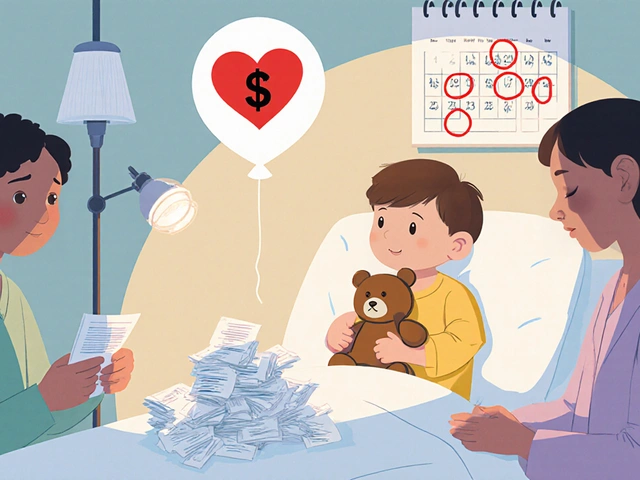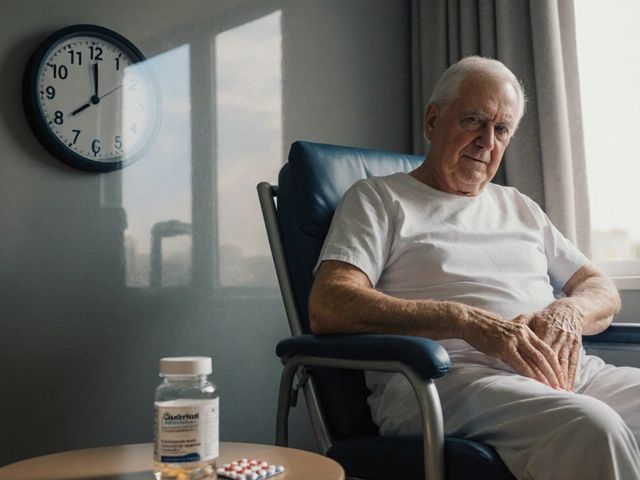Virus prevention: practical steps you can use today
Viruses cause millions of infections every year, yet a few clear habits cut your risk a lot. You don’t need fancy gear — just smart daily choices that actually work. Read on for practical tips you can start using right now.
Everyday habits that work
Wash your hands often for about 20 seconds with soap and water. Scrub thumbs, between fingers, and under nails, then dry with a clean towel. When soap isn’t available, use hand sanitizer with at least 60% alcohol. Avoid touching your face — that’s how bugs get in.
Keep surfaces you touch a lot clean: phones, remotes, doorknobs, and kitchen counters. If someone at home is sick, wipe shared surfaces daily and wash bedding more often. Launder cloth masks weekly and replace disposable masks if they get damp or dirty.
Masks and fresh air matter. In crowded indoor places, a snug mask lowers how much virus you breathe in or spread. Open windows, use fans to move air, or add a HEPA filter in small rooms. Even small airflow changes reduce risk.
When to use medical tools and see a doctor
Vaccines are the best defense against many serious viral illnesses. Stay up to date on flu shots, COVID boosters, and any vaccines your doctor recommends for travel or health conditions. If you work with older adults or people with weak immune systems, prioritize vaccination and testing.
If you feel sick—fever, new cough, sore throat, sudden loss of smell, or unexplained body aches—stay home and test if tests are available. Rapid tests help you decide whether to isolate and when to seek care. For some viruses, starting antiviral medicine early changes outcomes; for example, antivirals can reduce flu symptoms when begun quickly.
Antibiotics don’t work on viruses. Only take them if a clinician confirms a bacterial infection. Our site has useful reads like "Understanding Herpes in Kids" and guides on antiviral options. Those pages help you tell when antiviral treatment or specialist care makes sense.
Protect kids and people with weak immune systems by teaching simple routines: handwashing, not sharing utensils, and keeping toys clean. Pet therapy lifts mood and can help recovery, but households with immunodeficiency should add extra hygiene: wash hands after handling pets, keep pet areas clean, and stay on top of vet care.
Travel smart: carry hand sanitizer, choose outdoor spots when possible, and wear a mask in tight crowds if local virus activity is high. Wipe armrests and tray tables on planes and consider skipping big events when you’re feeling off.
Small, consistent habits — hand hygiene, better air, masks when needed, vaccines, and staying home when sick — protect you and others more than gimmicks. Browse the virus prevention tag below to find practical posts on specific conditions, safe medication options, and how to pick reliable pharmacies when you need medication.




